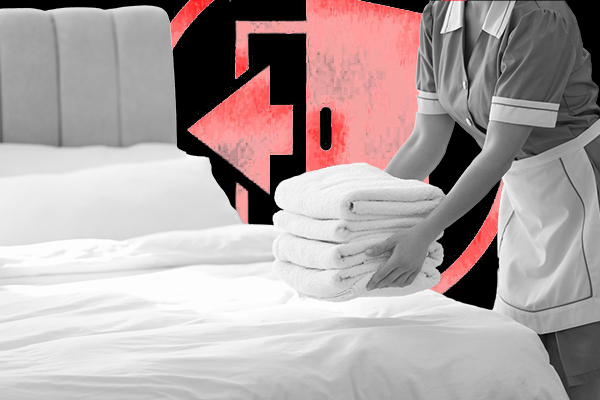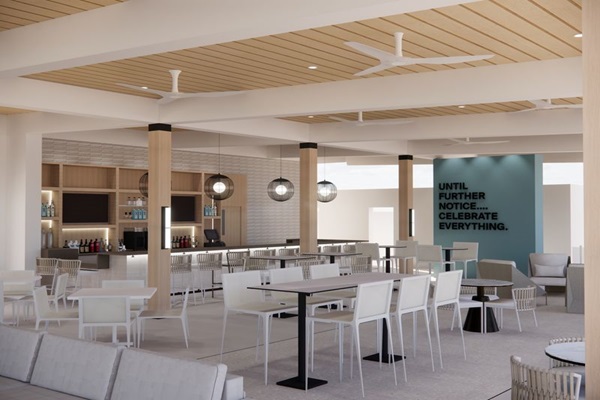The annual turnover rate in the hospitality sector has seen a slight decline, but turnover continues to be challenging for room attendant positions, a new study has revealed. According to the U.S. hospitality labor data report by Actabl, an average of 55% of room attendant roles turn over within the first 90 days. This high turnover rate can affect a hotel’s overall success and hoteliers need to implement effective retention strategies.
Besides affecting a hotel’s success, high turnover rates can also negatively impact a team’s morale, reduce the company knowledge base and burden the remaining staff, which in turn will interfere with customer service. It takes about one to two years for an employee to be “fully productive” in their role, which may lead to delayed productivity compared to a former team member.
The Actabl study suggests raising wages by $0.50 to bring about a positive influence performance.

Low wages and insufficient employee benefits are one of the most common causes of low employee retention. Not only do employee benefits encourage employee retention, it also ensures job satisfaction by giving employees greater control over their finances and faster access to their earnings.
According to research by DailyPay, on-demand pay can lead to higher job satisfaction, better productivity and faster hiring.
Wage Growth
Hospitality workers’ wages have risen around 30% on average in the last four years, which has helped to reverse most of the wage disparity that had been growing for quite some time in the U.S. The leisure and hospitality sector, which includes restaurants, bars and hotels, emerged as the lowest-wage industry across all states.
Given the increase in automated experiences, it’s of little surprise that guest services representatives’ wages are rising in a different pattern than earlier times, the Actabl study said.
The study also noted a shift from previous years, when limited growth was applied to GM/AGM roles. Currently, wages for those roles have been witnessing an increase.
Overtime
With additional support from departments, there’s opportunity to spend on the core team to get more overtime. There’s increasing demand among longer-standing employees to get more overtime, which is ideal as full-time employees are more familiar with a hotel’s hospitality standards and tend to be more reliable, the study said.
Comparing contract and overtime costs is crucial to optimize overall labor costs.










